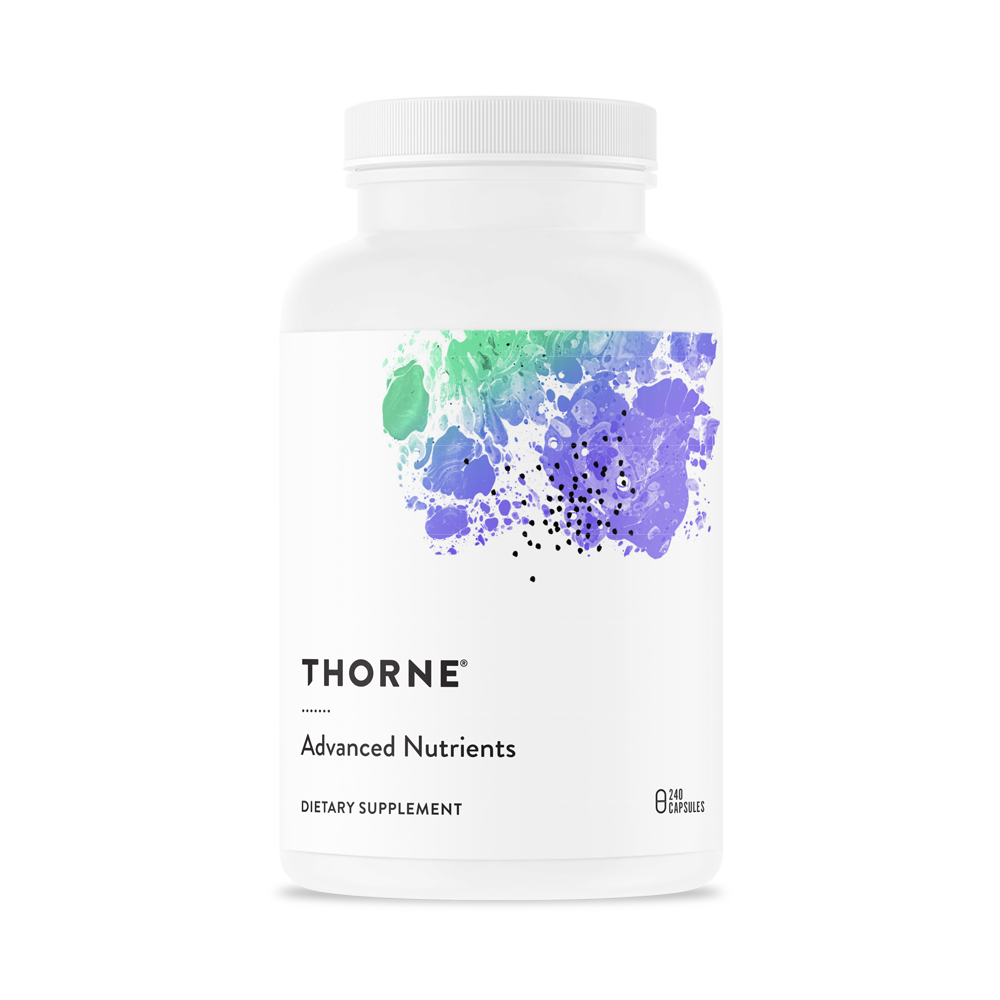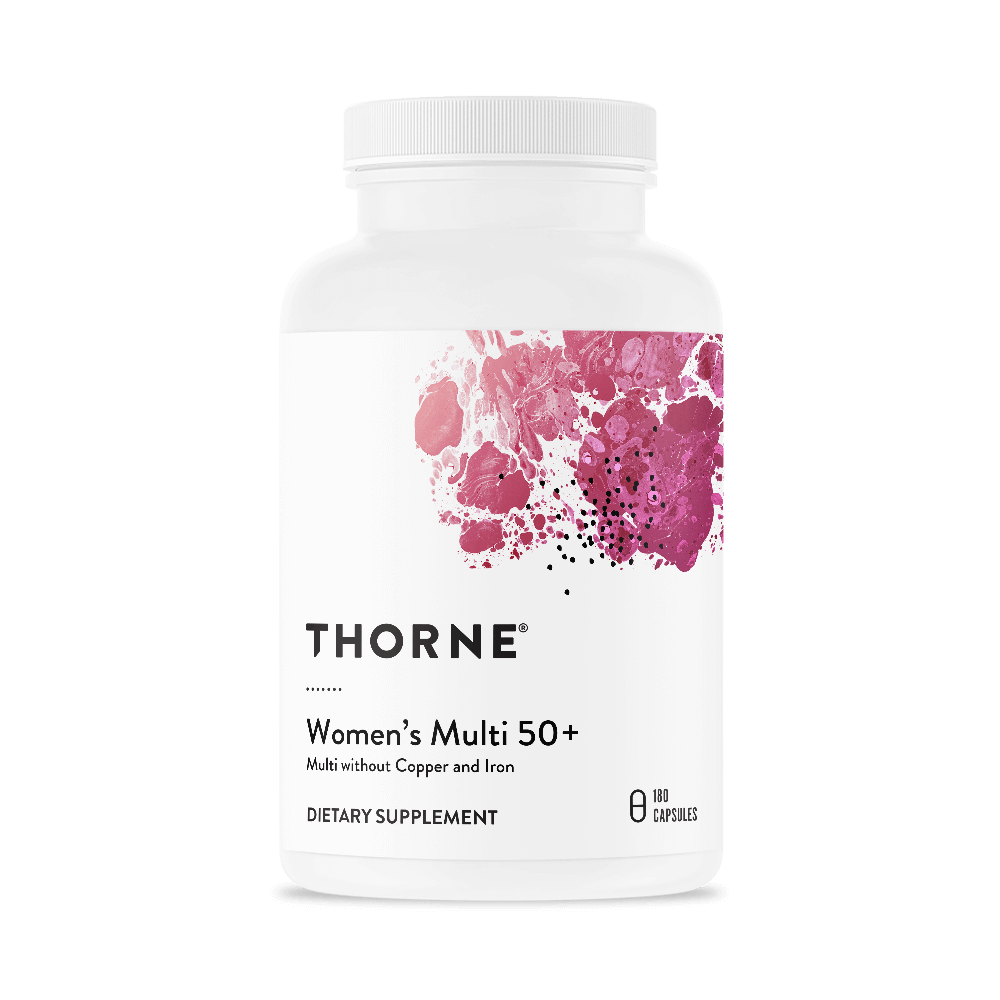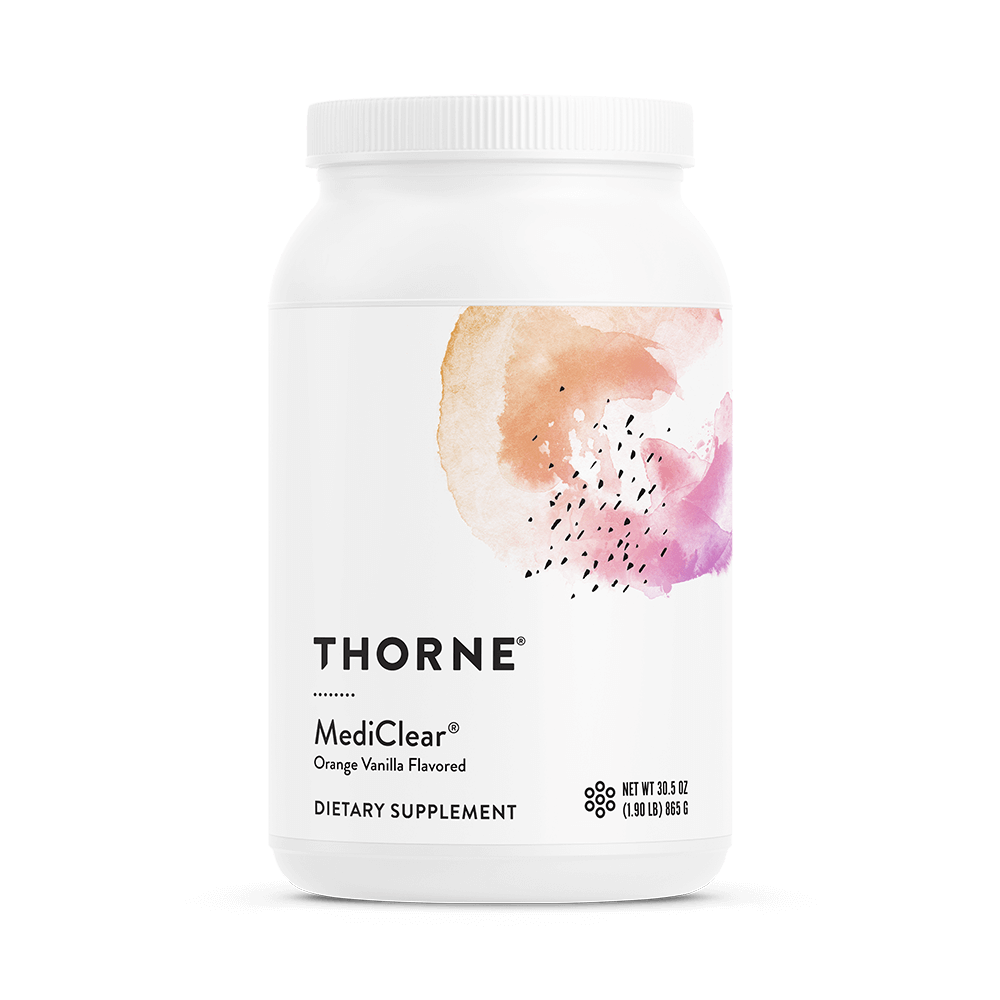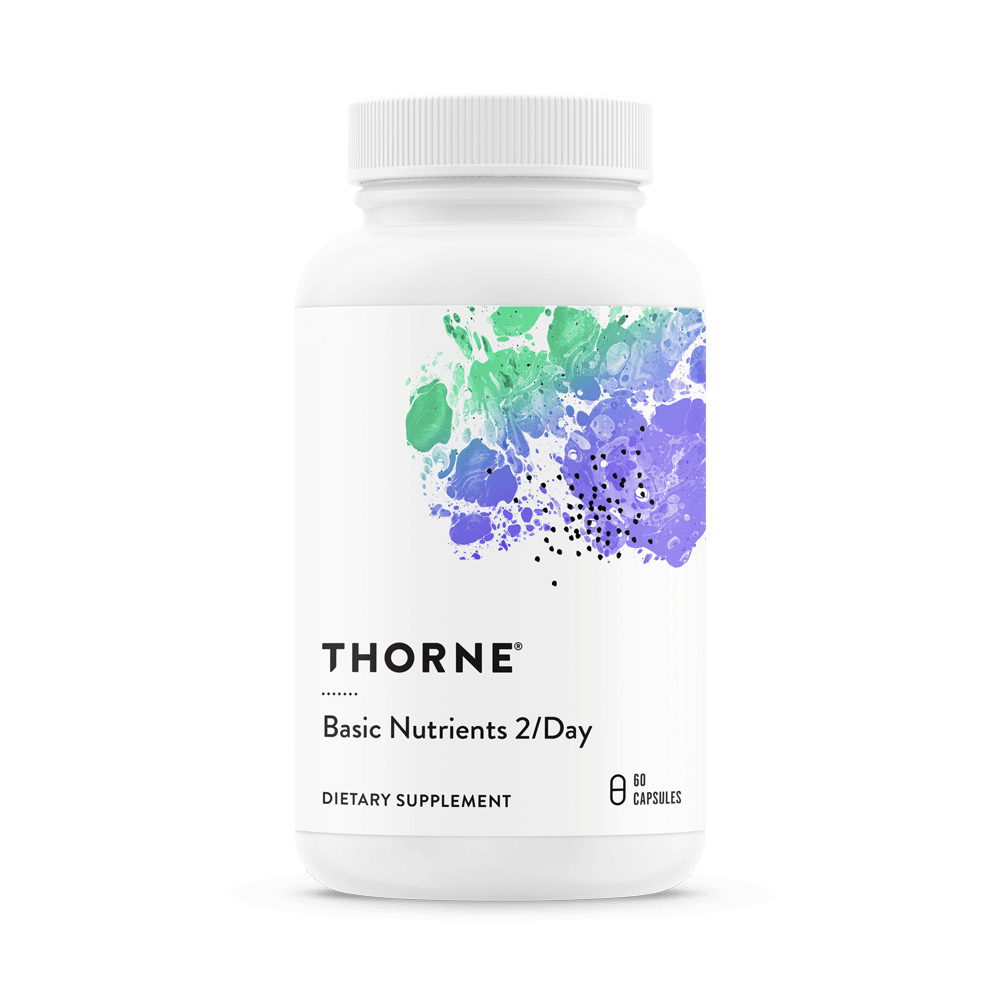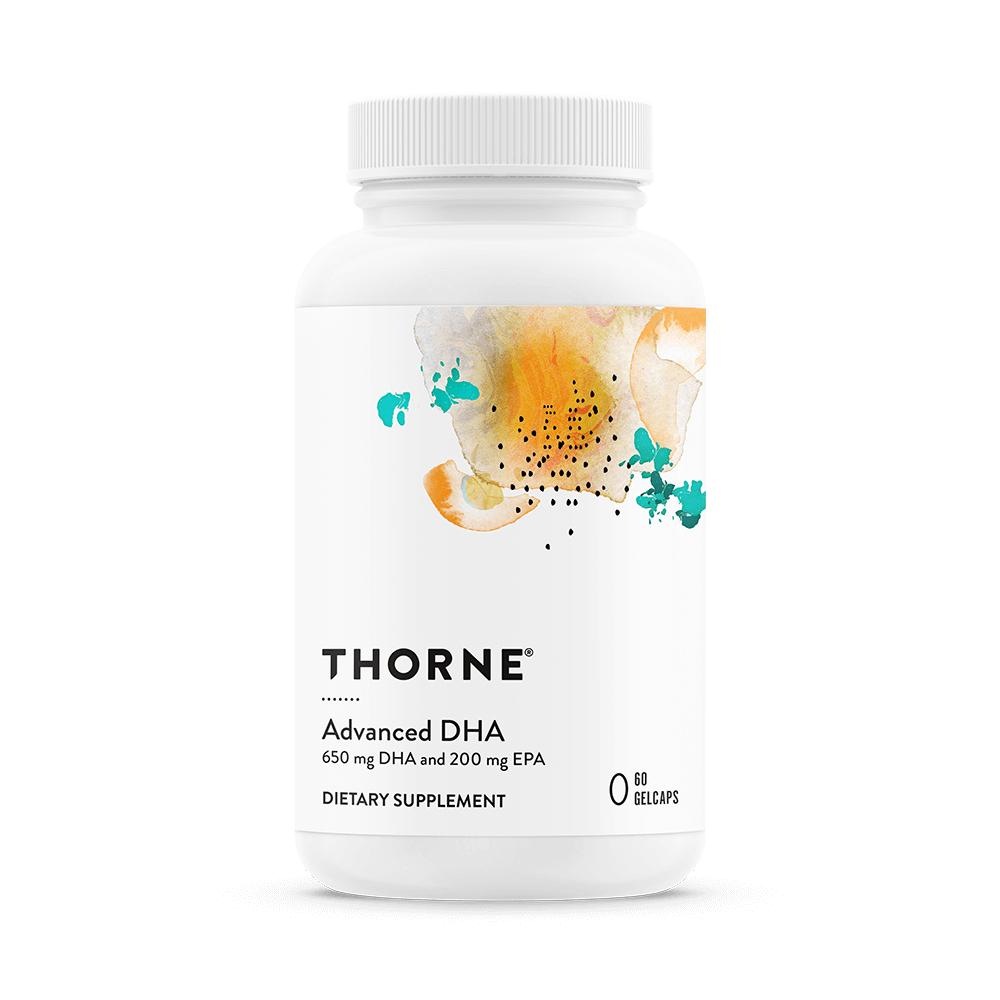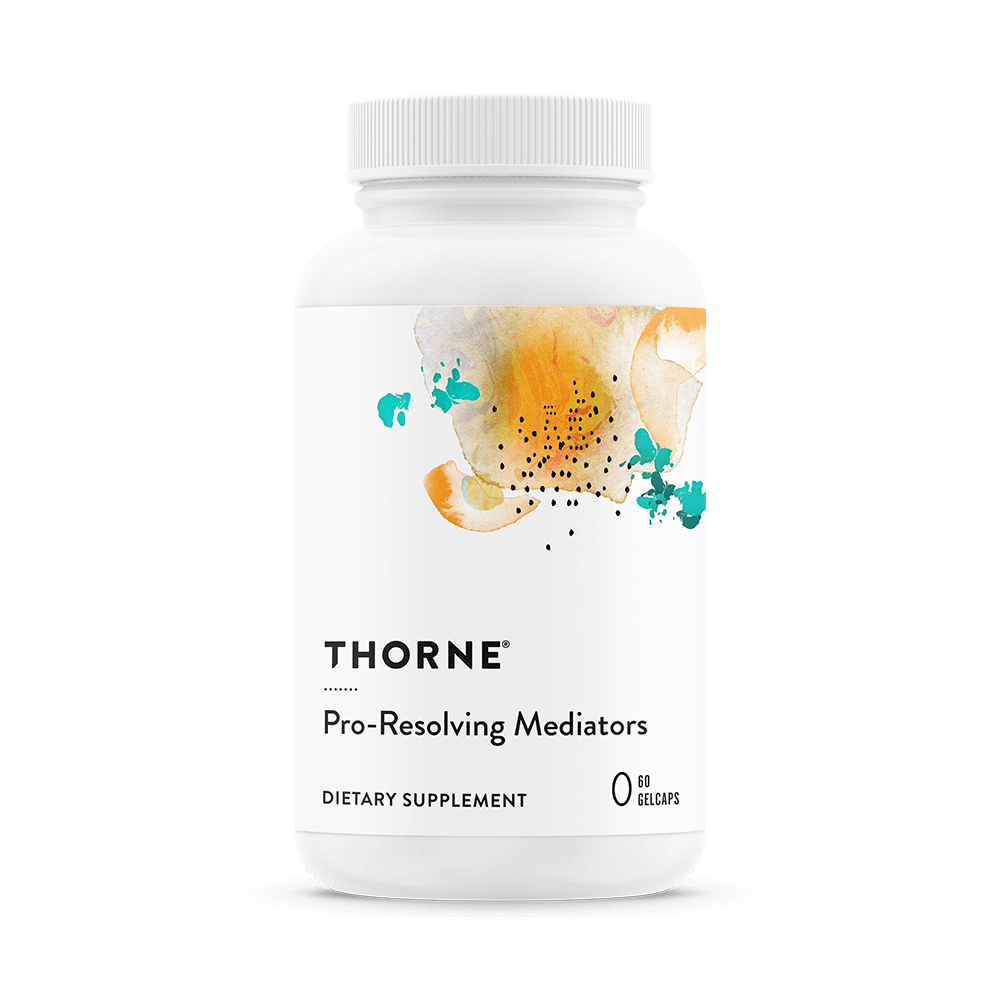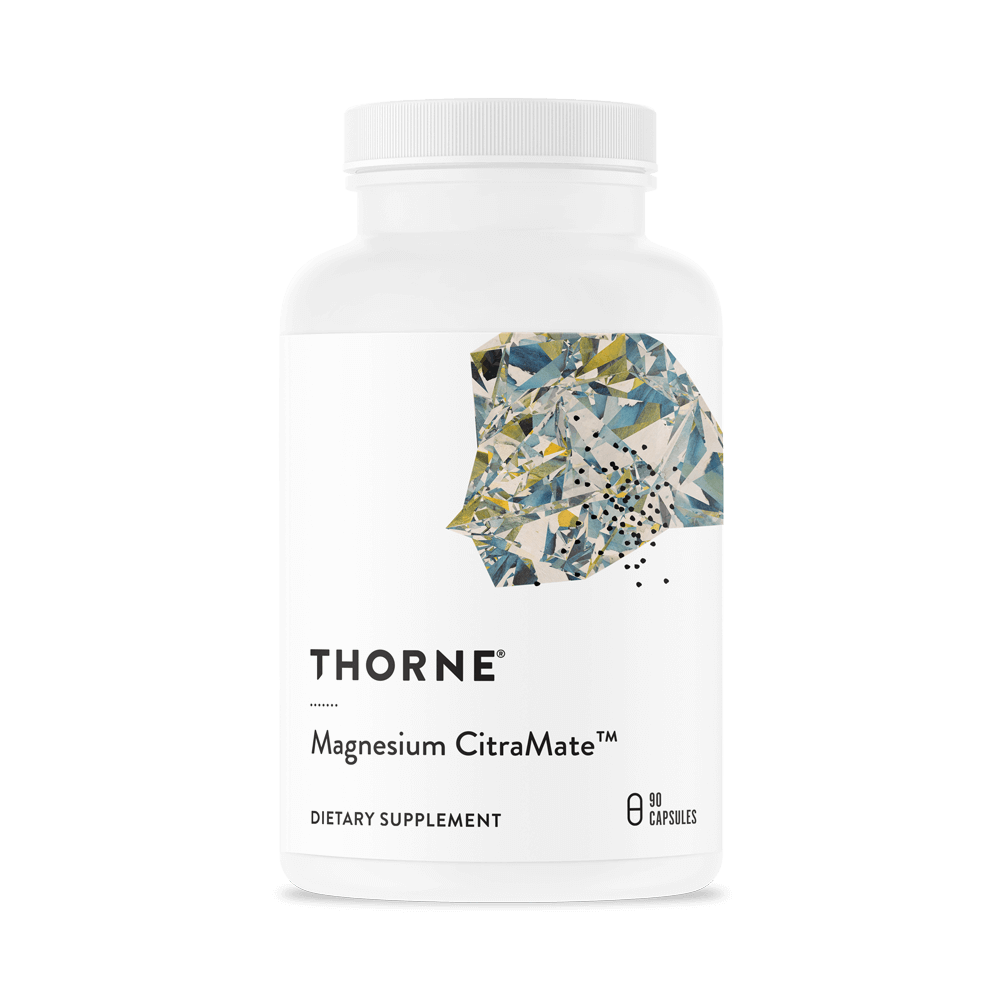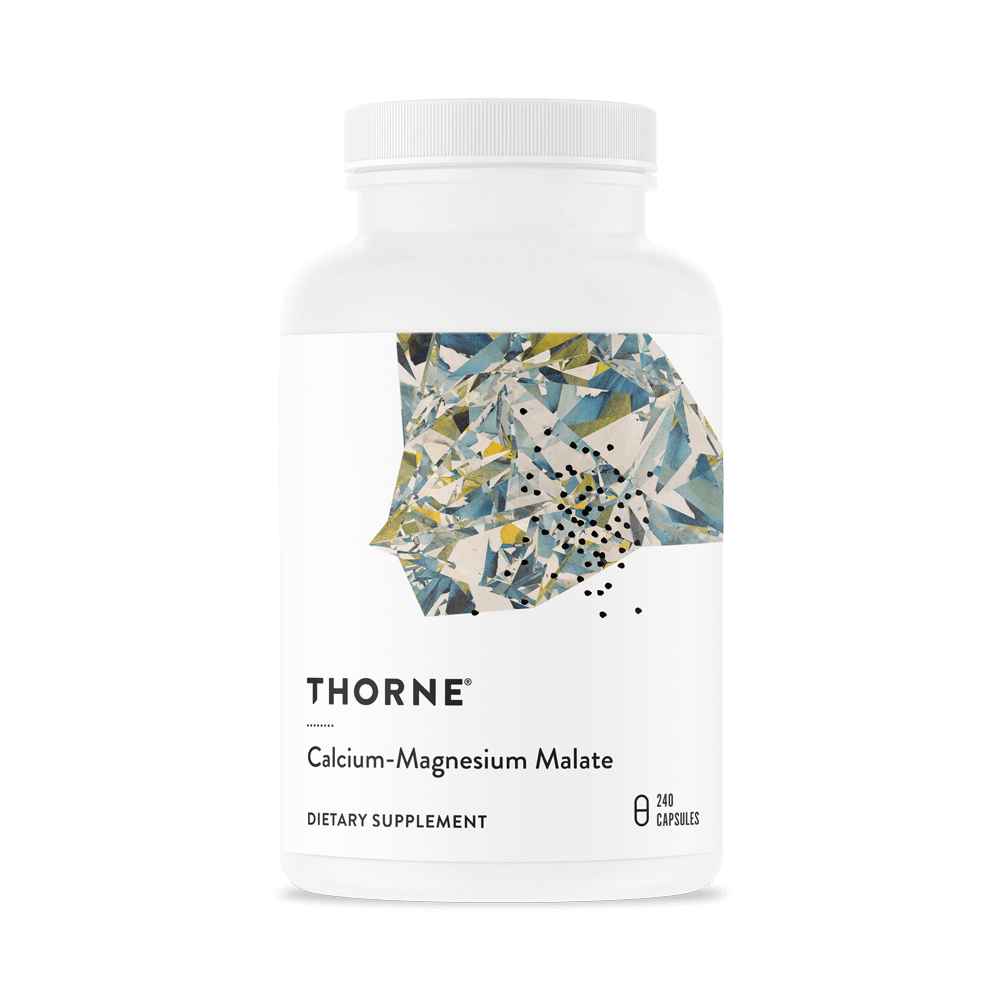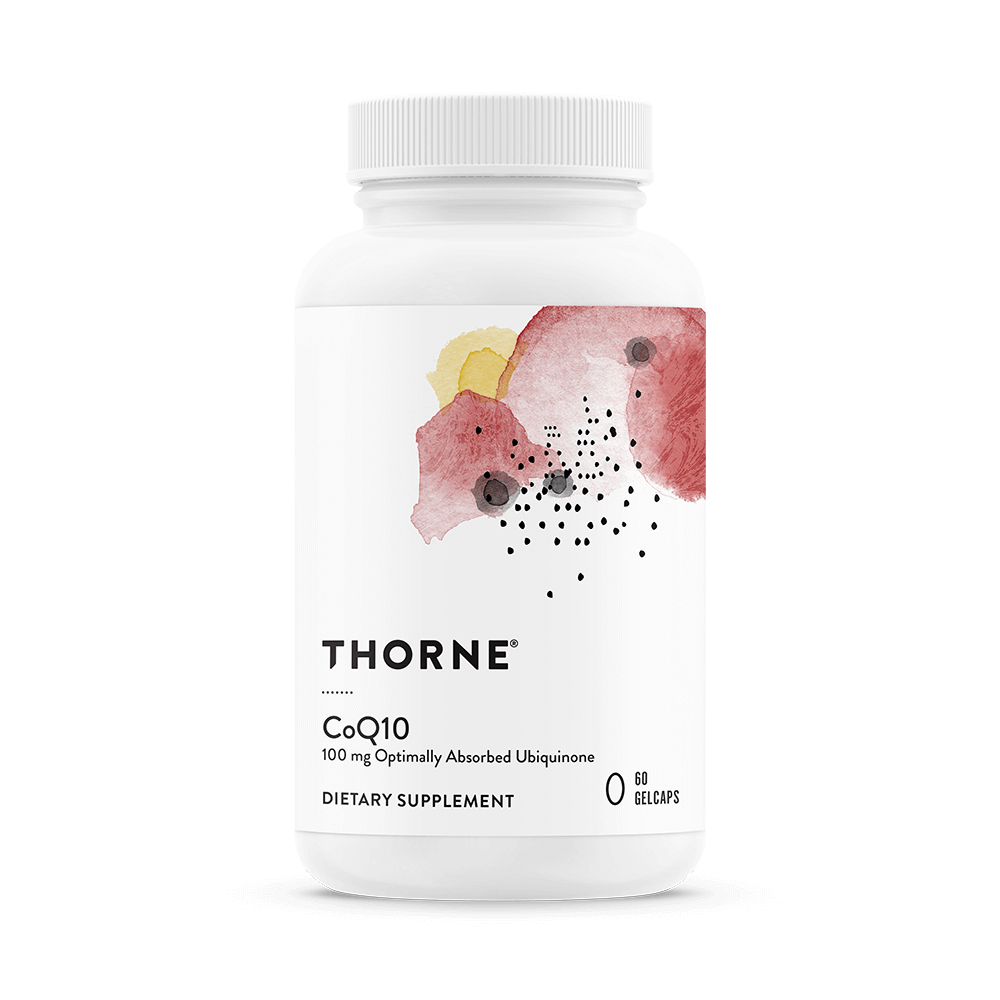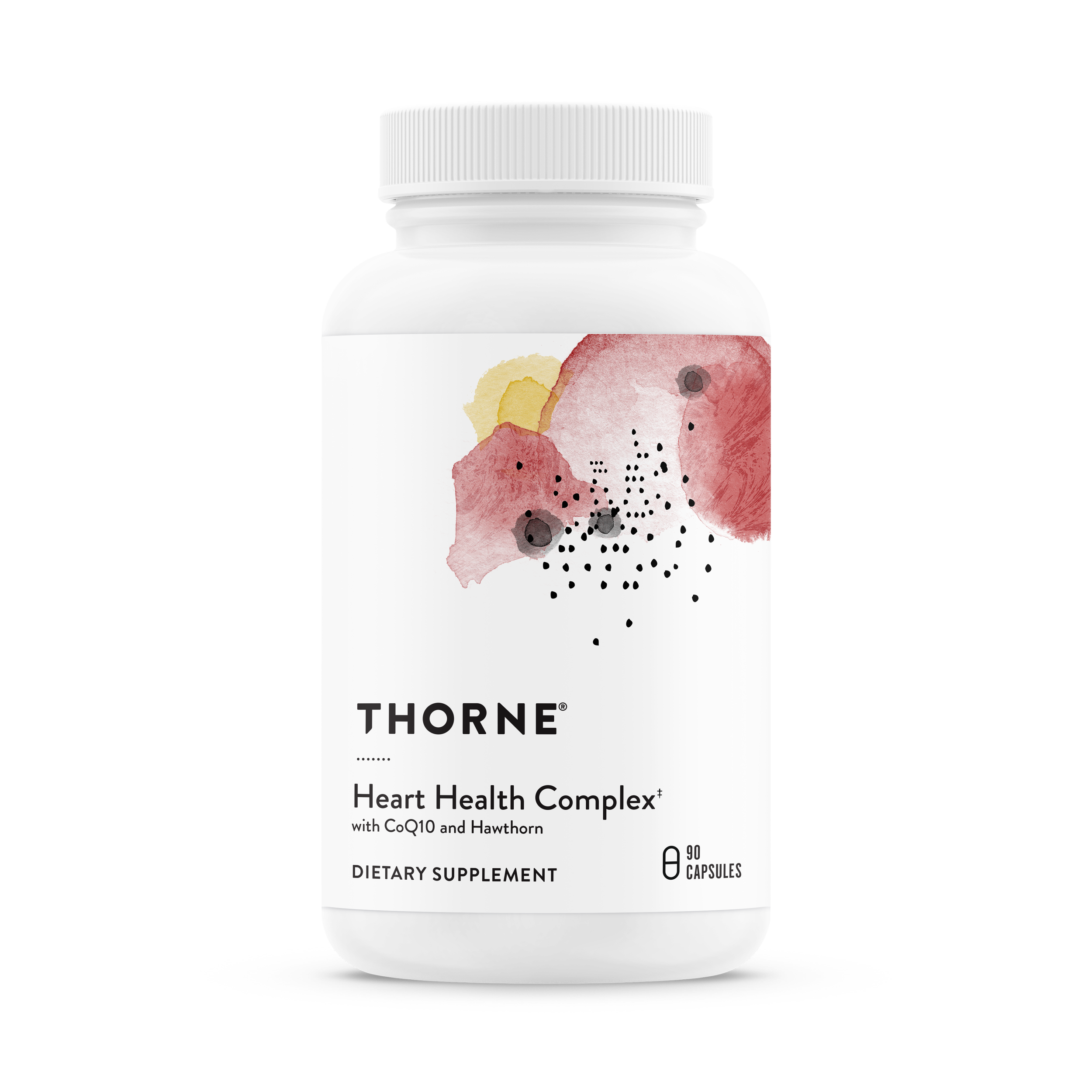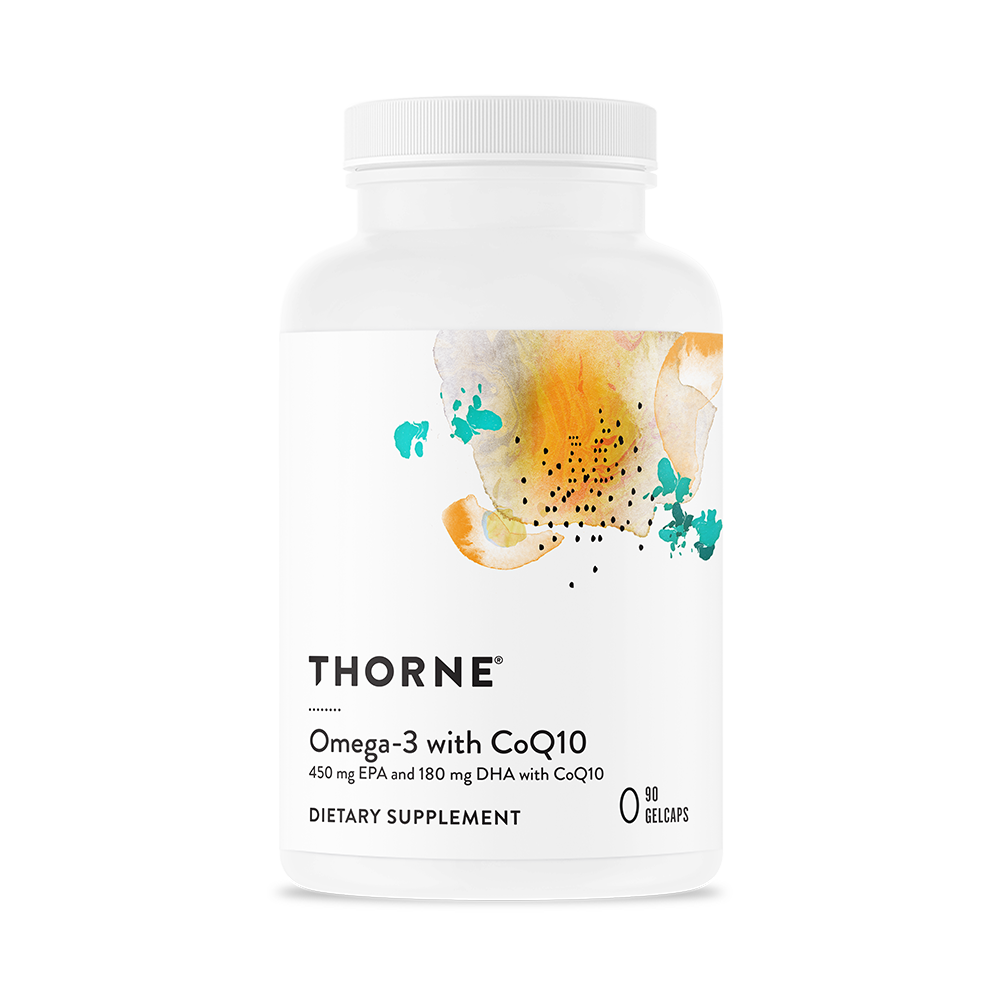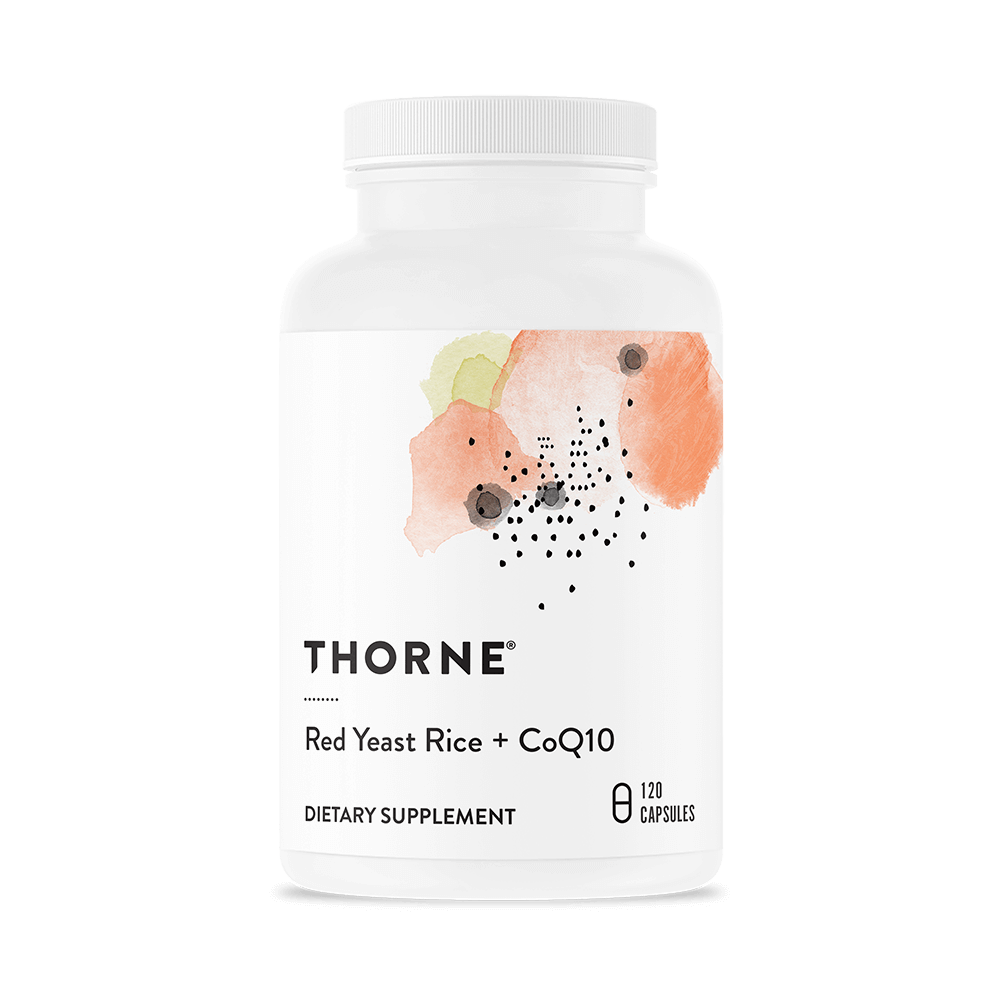Supplements to Maintain Healthy Arteries
A healthy lifestyle is key to maintaining a healthy cardiovascular system. Eating nutritious foods and exercising regularly can help maintain healthy arteries, but taking specific supplements can also be beneficial in supporting clean arteries and promoting a healthy cardiovascular system. Check out these helpful vitamins and supplements that can get your health back on-track today.
Vitamins C, A, E, and B6
Vitamins C, A, E and B6 are all essential vitamins to maintain healthy arteries.
Vitamin C helps reduce cholesterol levels and promotes the formation of collagen that provides support to the arterial walls, and vitamin A encourages healthy cell growth for a strong arterial wall.
Vitamin E prevents the formation of blood clots in the artery walls. Also important to know is that vitamins E and B6 help neutralize free radicals in the body that damage cells in the artery walls. Lastly, vitamin B6 helps to regulate homocysteine levels in the blood, which, when left unchecked, can damage the arteries.
Omega-3 Fatty Acids
Omega-3 fatty acids have long been touted as a powerful tool in maintaining healthy arteries, so it’s important that we prioritize our intake of them. These essential nutrients play a vital role in reducing inflammation and improving blood flow, both of which are key factors in keeping our arteries healthy and functioning properly. Studies have shown that incorporating omega-3-rich foods like fish, nuts, and seeds into our diets can help lower cholesterol levels, decrease blood pressure, and even reduce the risk of heart disease.
Magnesium
The vital mineral magnesium serves a crucial role in maintaining healthy arteries, which are essential to the health and wellbeing of the human body. This essential mineral helps the body regulate calcium levels, which is essential for proper artery function. One of the ways magnesium helps promote optimal heart health is by ensuring the proper functioning of arteries. Arteries are responsible for carrying oxygen-rich blood from the heart to the rest of the body. However, when these blood vessels become damaged or narrowed, the risk of heart disease and other cardiovascular problems increases. Studies have shown that magnesium supplementation can significantly lower the risk of hypertension, a leading cause of cardiovascular disease. Additionally, magnesium has been shown to lower blood pressure levels, which further decreases the risk of heart disease.
CoQ10
CoQ10, also known as coenzyme Q10, is a naturally occurring enzyme found in every cell in our body. It plays a critical role in powering the cells in our body. It's naturally produced in small amounts by our organs and tissues and is particularly important for maintaining strong and healthy arteries. It plays a vital role in the production of energy and acts as a powerful antioxidant, protecting our cells from damage caused by free radicals. Beyond this, research has shown that CoQ10 can also help maintain healthy arteries. By reducing oxidative stress and inflammation, two major factors that contribute to the development of heart disease, CoQ10 can help support the health and function of the cells that line our arteries. Additionally, it has been found to help improve blood vessel elasticity, which is an important factor in maintaining healthy blood flow.
Antioxidants
Finally, antioxidants are natural compounds that help reduce inflammation and oxidation in artery walls – reducing damage from free radicals. These can be found in dietary sources such as fruits and vegetables, or taken as supplements.
When taking any supplement, it is important to consult a physician or healthcare provider first. They can help determine what vitamins, minerals and nutrients are needed for an individual's specific health needs and goals. With the right mix of supplement intake, diet and exercise, it is possible to maintain healthy arteries over time. Taking these steps towards cardiovascular health will not only benefit your heart but your overall wellbeing too!


